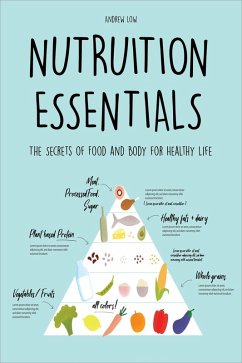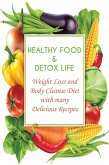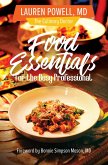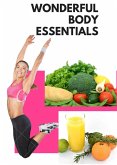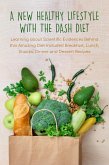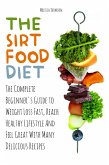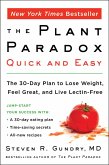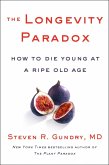In recent years, the importance of calories has been pushed aside. While calorie counting isn't always necessary, total calorie intake still plays a crucial role in weight control and health. If you put in more calories than you burn, you will store them as new muscle or body fat. If you consume fewer calories than you burn every day, you will lose weight. If you want to lose weight, you must create some form of calorie deficit. In contrast, if you are trying to gain weight and increase muscle mass, you need to eat more than your body burns. If you participate in exercise or sports, there is no doubt that a healthy diet will help you perform better.
You should aim to consume whole foods at least 80-90% of the time. The term "whole foods" generally describes natural, unprocessed foods containing only one ingredient. If the product looks like it was made in a factory, it's probably not whole food. Whole foods tend to be nutrient-dense and have a lower energy density. This means that they have fewer calories and more nutrients per serving than processed foods. In contrast, many processed foods have little nutritional value and are often "empty" calories. Eating them in large amounts is linked to obesity and other diseases.
Dieser Download kann aus rechtlichen Gründen nur mit Rechnungsadresse in A, B, CY, CZ, D, DK, EW, E, FIN, F, GR, H, IRL, I, LT, L, LR, M, NL, PL, P, R, S, SLO, SK ausgeliefert werden.
Hinweis: Dieser Artikel kann nur an eine deutsche Lieferadresse ausgeliefert werden.

